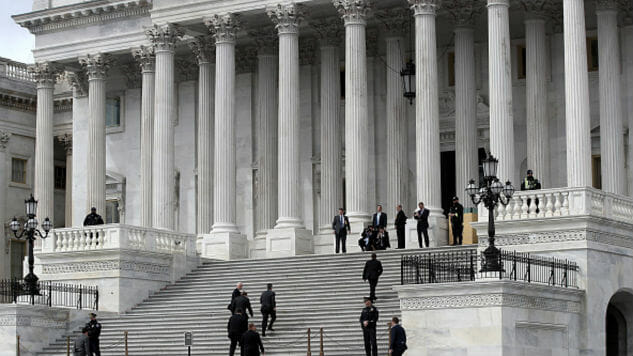Congress Voted to Repeal Broadband Privacy Rules. Here Are 5 Ways It Will Affect You
Photo by Win McNamee / Getty Images
After much criticism and condemnation, President Donald Trump signed the repeal on ISP and consumers’ online privacy protections. The repeal rolls back the FCC’s rules established during the Obama administration that would have restricted the data that ISPs could gather and sell on their customers to advertisers and other third parties.
When the vote passed last week, it was panned by privacy advocates and academics as a step backward. Nevertheless, Trump put pen to paper on Monday night and made it official. It introduces a whole new level of uncertainty around online privacy for Americans.
For the telco sector, the law change is a big win though. In their view they can now compete with Facebook and Google in the business of selling user data to advertisers.
What does this mean for the average internet user and ISP customer? There’s a sense of the unknown around what will happen to your online privacy but here are five ways your privacy is under threat and how you can respond.
-

-

-

-

-

-

-

-

-

-

-

-

-

-

-

-

-

-

-

-

-

-

-

-

-

-

-

-

-

-

-

-

-

-

-

-

-

-

-

-








































